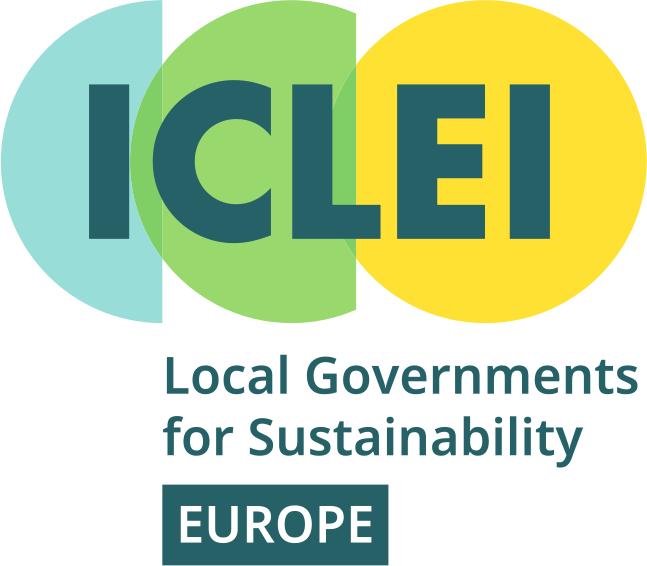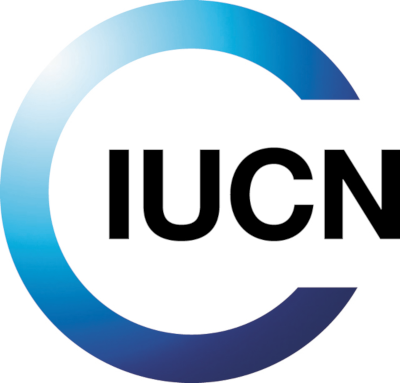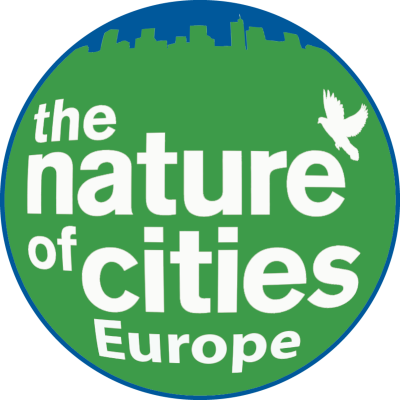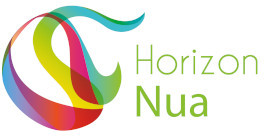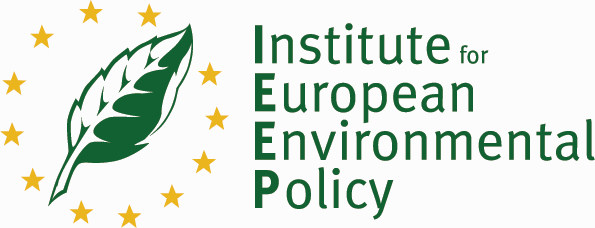What is the project?
The overall objective of NBS EduWORLD is to nurture an NBS literate society, supporting a just transition to a sustainable future. For this, NBS EduWORLD will create an NBS community that facilitates synergies between NBS professionals and education providers and ensures free and easy access to NBS knowledge and resources for all.

To achieve this goal, NBS EduWORLD will summarise the state of play of NBS education in Europe and evaluate the initiatives already in place, determine how to expand and replicate them and establish a basis and framework for the project itself and future initiatives, resulting in guidance and (policy) recommendations. In parallel, the project will analyse NBS demonstrators, with an educational dimension (Tier-1), across Europe (NBS EduSystems), to support the testing and improvement of approaches and resources with NBS demonstrators with no or a limited educational dimension (Tier-2) and create the means and opportunities for all NBS practitioners to engage with educators, inter alia via Tier-3 NBS EduSystems. This will be done whilst supporting the overarching goal of promoting NBS as a viable career prospect for European citizens of all ages.
To adequately engage educators who are at different points on their NBS journey, the project will provide specific activities for those who are not yet familiar with the concept and benefits of NBS, and those already aware but in need of support to progress to the next stage. These activities will be scaled up/out by extensive dissemination and communication activities to maximise the project’s outreach and ensure its long-term success. Only by joining with NBS experts, education experts, civil society and supportive policies can we create a NBS EduWORLD - a community that makes a difference.
Objectives
- Support integrated STEM teaching and Inquiry-Based Science Education (IBSE) by exploring real-world applications of NBS, feeding into the broader EU STEM education strategy.
- Explore and implement new dissemination and mobilisation strategies to suit broader lifelong learning on NBS through 21st-century technologies and transversal skill development.
- Explore synergies between NBS and the emerging field of education for environmental sustainability (EES).
Definitions
Nature-based solutions
Nature-based solutions (NBS) are solutions that are inspired and supported by nature, which are cost-effective, simultaneously provide environmental, social and economic benefits and help build resilience. Such solutions bring more, and more diverse, nature and natural features and processes into cities, landscapes and seascapes, through locally adapted, resource-efficient and systemic interventions.
Nature-based solutions must therefore benefit biodiversity and support the delivery of a range of ecosystem services.
Source: https://research-and-innovation.ec.europa.eu/research-area/environment/nature-based-solutions_en
See also the short video "What are nature-based solutions?" by NetworkNature.
Formal Education
Formal education refers to the structured education system that runs from primary (and in some countries from nursery) school to university, and includes specialised programmes for vocational, technical and professional training. Formal education often comprises an assessment of the learners' acquired learning or competences and is based on a programme or curriculum which can be more or less closed to adaptation to individual needs and preferences. Formal education usually leads to recognition and certification.
Source: https://www.coe.int/en/web/european-youth-foundation/definitions#
Non-formal Education
Non-formal education refers to planned, structured programmes and processes of personal and social education for young people designed to improve a range of skills and competences, outside the formal educational curriculum. Non-formal education is what happens in places such as youth organisations, sports clubs and drama and community groups where young people meet, for example, to undertake projects together, play games, discuss, go camping, or make music and drama. Non-formal education achievements are usually difficult to certify, even if their social recognition is increasing. Non-formal education should also be:
- voluntary
- accessible to everyone (ideally)
- an organised process with educational objectives
- participatory
- learner-centred
- about learning life skills and preparing for active citizenship
- based on involving both individual and group learning with a collective approach
- holistic and process-oriented
- based on experience and action
- organised on the basis of the needs of the participants.
Formal, non-formal and informal education are complementary and mutually reinforcing elements of a lifelong learning process.
Source: https://www.coe.int/en/web/european-youth-foundation/definitions#
Informal education
Informal education refers to a lifelong learning process, whereby each individual acquires attitudes, values, skills and knowledge from the educational influences and resources in his or her own environment and from daily experience. People learn from family and neighbours, in the market place, at the library, at art exhibitions, at work and through playing, reading and sports activities. The mass media are a very important medium for informal education, for instance through plays and film, music and songs, televised debates and documentaries. Learning in this way is often unplanned and unstructured.
Source: https://www.coe.int/en/web/european-youth-foundation/definitions#


